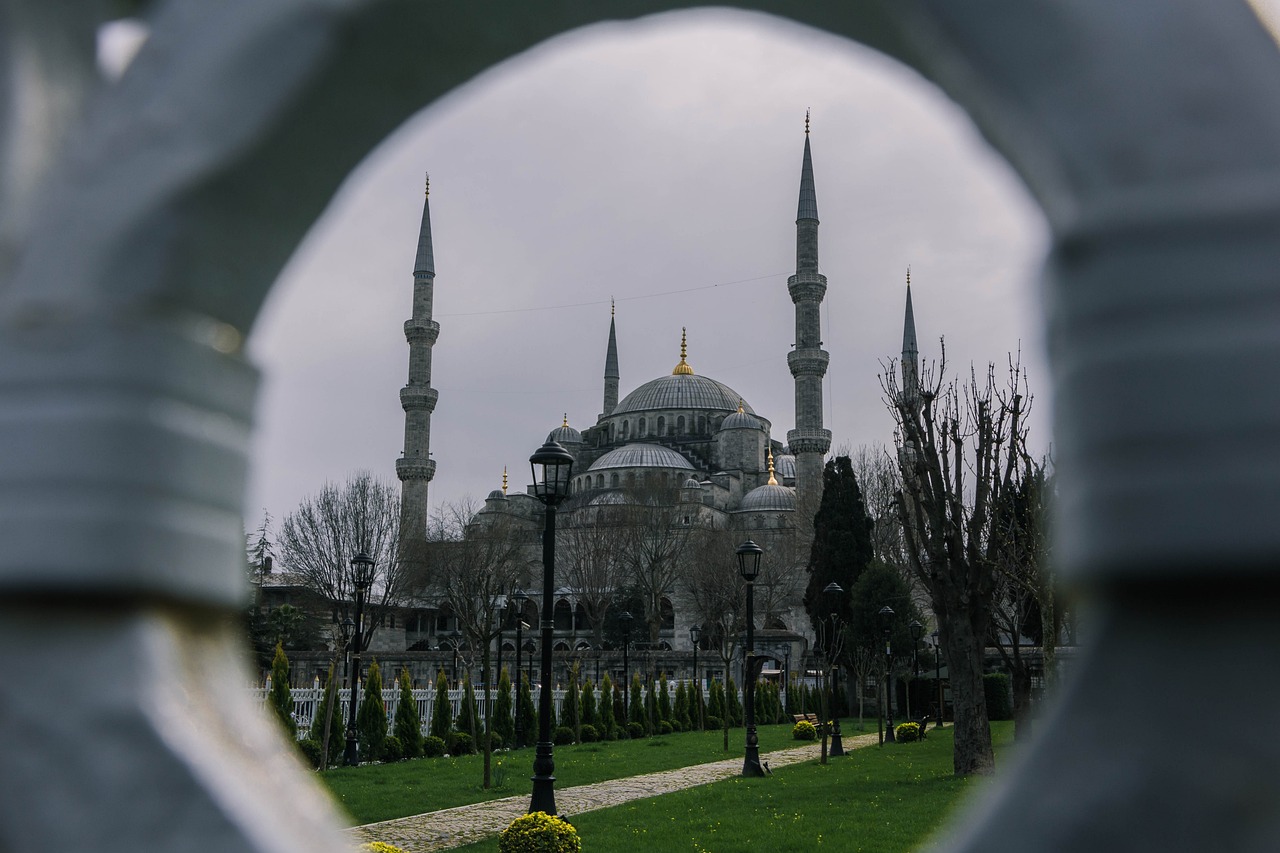In Islam, the importance of the five daily prayers, known as Salah, cannot be overstated. These prayers serve as a fundamental pillar of Islam, offering believers a direct connection to Allah and a means of spiritual fulfillment.
Understanding the significance of Salah in everyday life is essential for Muslims seeking to strengthen their relationship with the divine. Salah is the number one distinguishing factor between the believer and the disbeliever.
spiritual benefits and inner peace
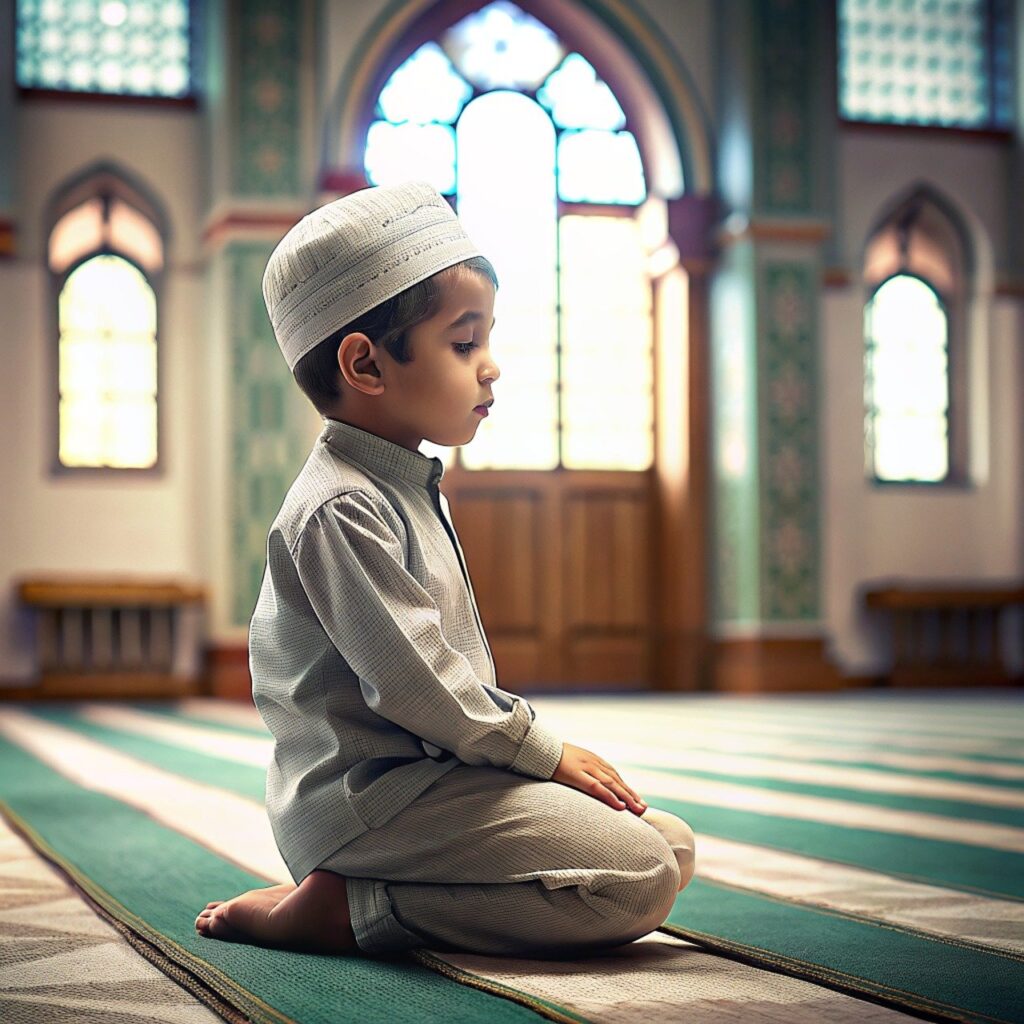
Delving into the realm of Salah, one discovers a profound sanctuary of tranquility and spiritual rejuvenation. This daily rendezvous with the divine is more than a ritual; it is a journey into the heart of faith where inner peace blossoms and the soul finds its calm. Salah offers a unique opportunity to detach from the tumult of everyday life, providing a serene moment to reflect, seek solace, and immerse oneself in divine contemplation.
In these sacred moments of prayer, believers find a platform to pour out their hearts to Allah, expressing their deepest fears, hopes, and dreams. It’s in these whispers between the servant and the Creator that a profound sense of spiritual fulfillment is nurtured. This intimate communication is a source of strength, empowering Muslims to navigate life’s challenges with grace and resilience. As our beloved Prophet put out “when anyone of you is engaged in Salah, you are holding an intimate conversation with your Lord”
Furthermore, the act of Salah instills a sense of gratitude and contentment. By standing before Allah, individuals are reminded of the countless blessings bestowed upon them, fostering a heart overflowing with thankfulness. This gratitude translates into a more positive outlook on life, paving the way for a contented spirit and a peaceful mind.
Moreover, the practice of Salah serves as a spiritual anchor, keeping believers grounded in their faith amidst the distractions and temptations of the world. It renews the spirit, cleanses the heart, and brings clarity to the mind, ensuring that peace is not just a fleeting moment but a constant state of being. Through Salah, the believer embarks on a transformative journey, discovering a wellspring of inner peace and spiritual wellness that enriches every aspect of life.
Developing Discipline and Time Management

The discipline of maintaining the five daily prayers instills a remarkable sense of responsibility and punctuality in an individual’s life. Each Salah is observed at specific times throughout the day, starting before dawn and ending after dusk. This structure naturally encourages Muslims to develop time management skills that not only benefit their spiritual practices but also enhance their everyday life. Adhering to these scheduled prayer times necessitates planning and prioritization, which, in turn, cultivates a disciplined mindset.
This disciplined approach is not about rigidly segmenting the day but about harmonizing spiritual obligations with daily responsibilities, thereby fostering a balanced lifestyle. Embracing the practice of Salah as a time-management tool, believers learn to allocate their time wisely, ensuring that both their worldly duties and spiritual needs are adequately met. This integration of prayer into daily life serves as a continuous reminder of the importance of organizing one’s time around values that are central to one’s identity and well-being.
It is through this disciplined commitment to prayer that Muslims find themselves more prepared to navigate the complexities of life with grace and purpose
Practical Tips for Maintaining Consistency in Prayer
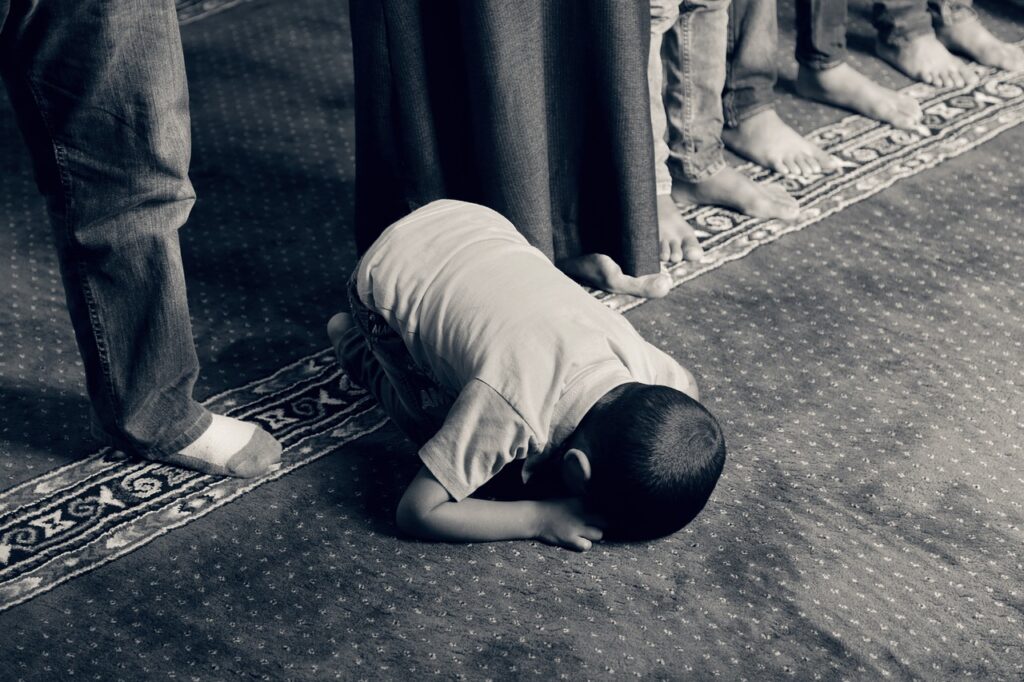
Achieving regularity in Salah requires thoughtful planning and a touch of creativity. To weave prayer seamlessly into your daily life, consider establishing a fixed schedule that respects the timing of each Salah. This can be supported by setting reminders on your phone or in your planner, acting as gentle nudges to pause and connect with Allah. Creating a peaceful and inviting prayer area in your home can also enhance your focus and spiritual connection during these moments.
Encouraging family members or roommates to join you in prayer can bolster a shared commitment and enrich your communal spiritual life. Additionally, connecting with the broader Muslim community, whether through local mosque gatherings or online prayer groups, can offer inspiration and a sense of solidarity. Embracing these practices helps to anchor Salah as a joyful and grounding presence in your routine, unlocking the door to consistent spiritual nourishment and growth.
Understanding Salah as a Pillar of Islam
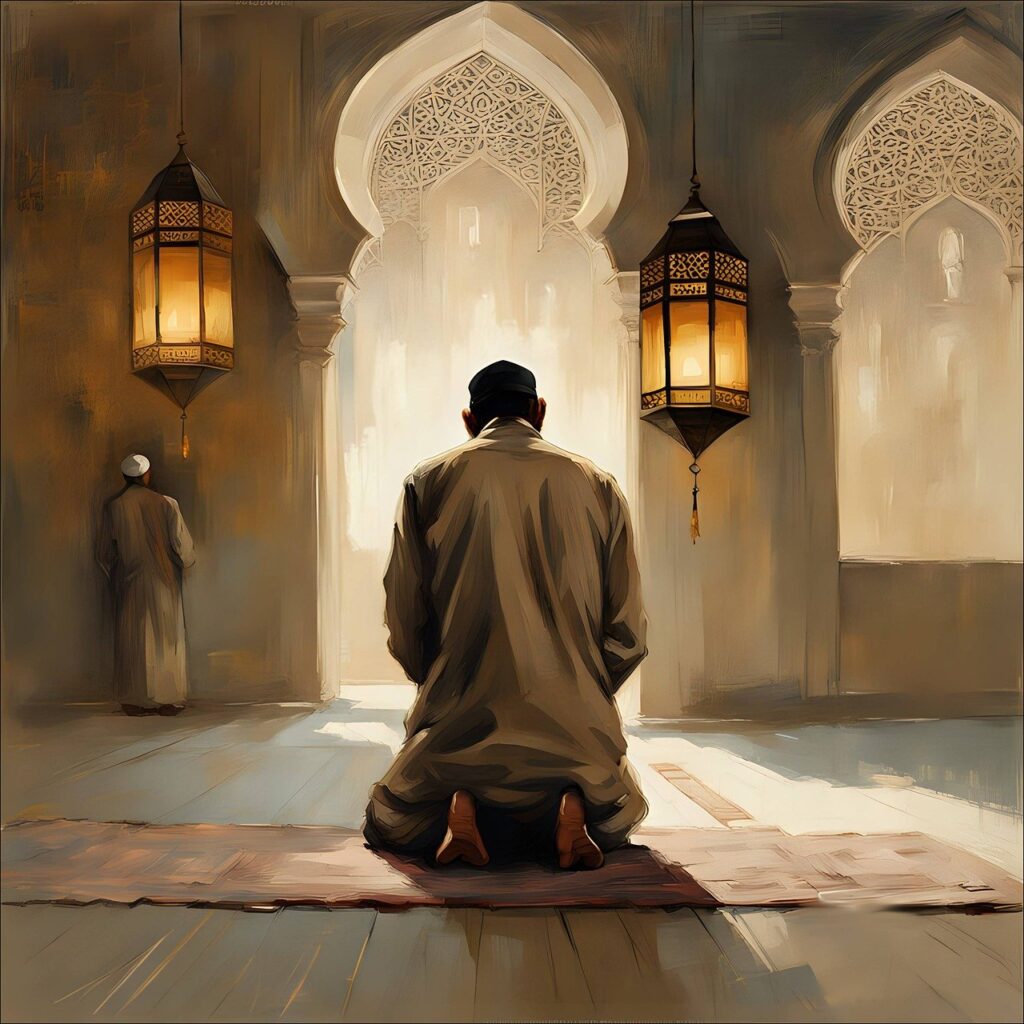
Salah, the practice of performing the five daily prayers, stands as a cornerstone in the Islamic faith, highlighting the profound connection between a believer and Allah. Recognized as one of the Five Pillars of Islam, it transcends mere ritual, becoming a declaration of faith and an act of devotion that molds the spiritual life of a Muslim.
This compulsory worship acts as a testament to a Muslim’s submission and fidelity to Allah, setting the foundation for a life lived in accordance with the divine will. Engaging in Salah, Muslims not only fulfill a religious obligation but also weave the essence of Islam into the fabric of their daily lives. It is a dynamic expression of faith that encompasses the beliefs and values at the heart of Islam, strengthening the bonds between the individual and the broader Muslim community.
Through this practice, adherents are reminded of their duties to Allah and the importance of living a life that reflects the teachings of the Quran and the Sunnah of Prophet Muhammad. The discipline required to observe the five daily prayers fosters a sense of spiritual mindfulness and accountability. Each prayer serves as a pause in the day, a moment to reconnect with Allah, reflect on one’s actions, and seek guidance and strength. This regular act of worship, deeply ingrained in the life of a Muslim, not only reinforces the significance of Salah but also underscores the enduring commitment to a path of righteousness, guided by faith and devotion.
Building a Sense of Community and Brotherhood
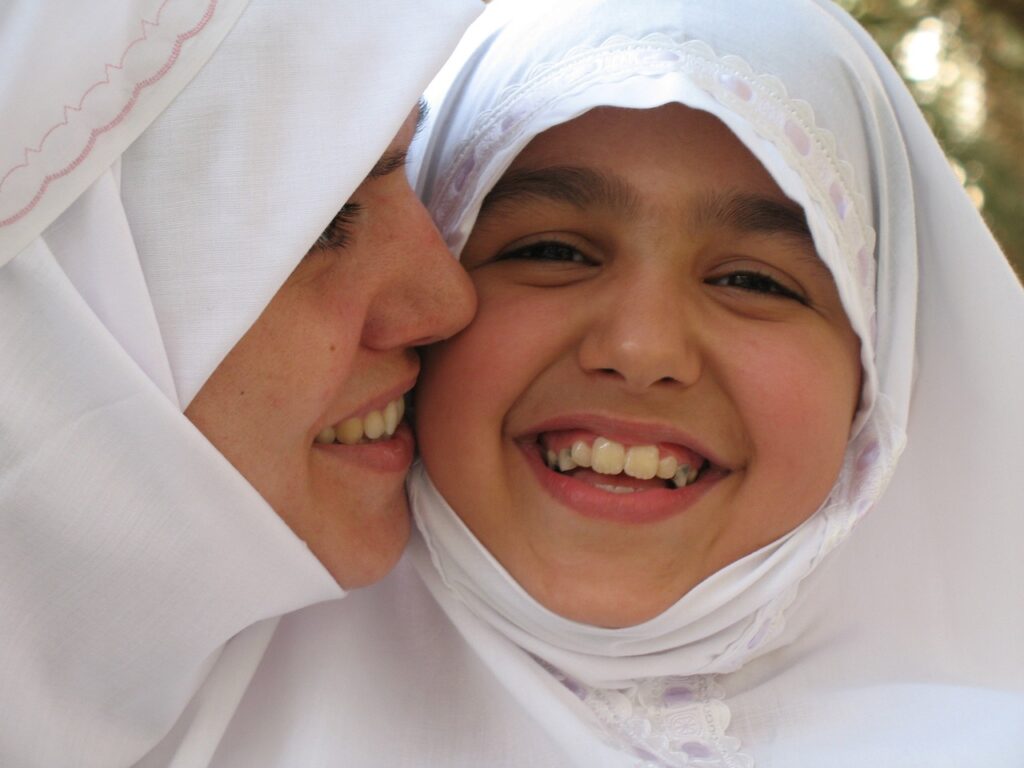
The communal prayers, especially those performed in mosques, play a pivotal role in weaving together the rich tapestry of unity and camaraderie among Muslims. When individuals stand shoulder to shoulder, irrespective of their backgrounds or statuses, it embodies a powerful testament to the essence of Islamic brotherhood.
This harmonious act of worship not only bridges the gap between different segments of the Muslim community but also reinforces the sense of belonging and mutual support. Engaging in these congregational prayers encourages empathy, understanding, and a shared sense of purpose, as individuals come together in a collective pursuit of spiritual upliftment. It’s during these gatherings that the beauty of the Islamic community truly shines, highlighting the diversity and inclusivity that are fundamental to the faith. This togetherness nurtures a comforting environment where Muslims can grow spiritually, leaning on one another for support and guidance. Moreover, the practice of gathering for Salah fosters social bonds that extend beyond the walls of the mosque. It lays the foundation for a supportive network that thrives on cooperation, kindness, and a deep-rooted sense of community.
Through this shared ritual, believers are reminded of their commitment not only to Allah but also to the welfare and well-being of their fellow Muslims. This collective experience thus serves as a reminder of the strength found in unity and the enduring bonds of brotherhood that are forged through the act of worshiping together.
Physical and Mental Health Benefits
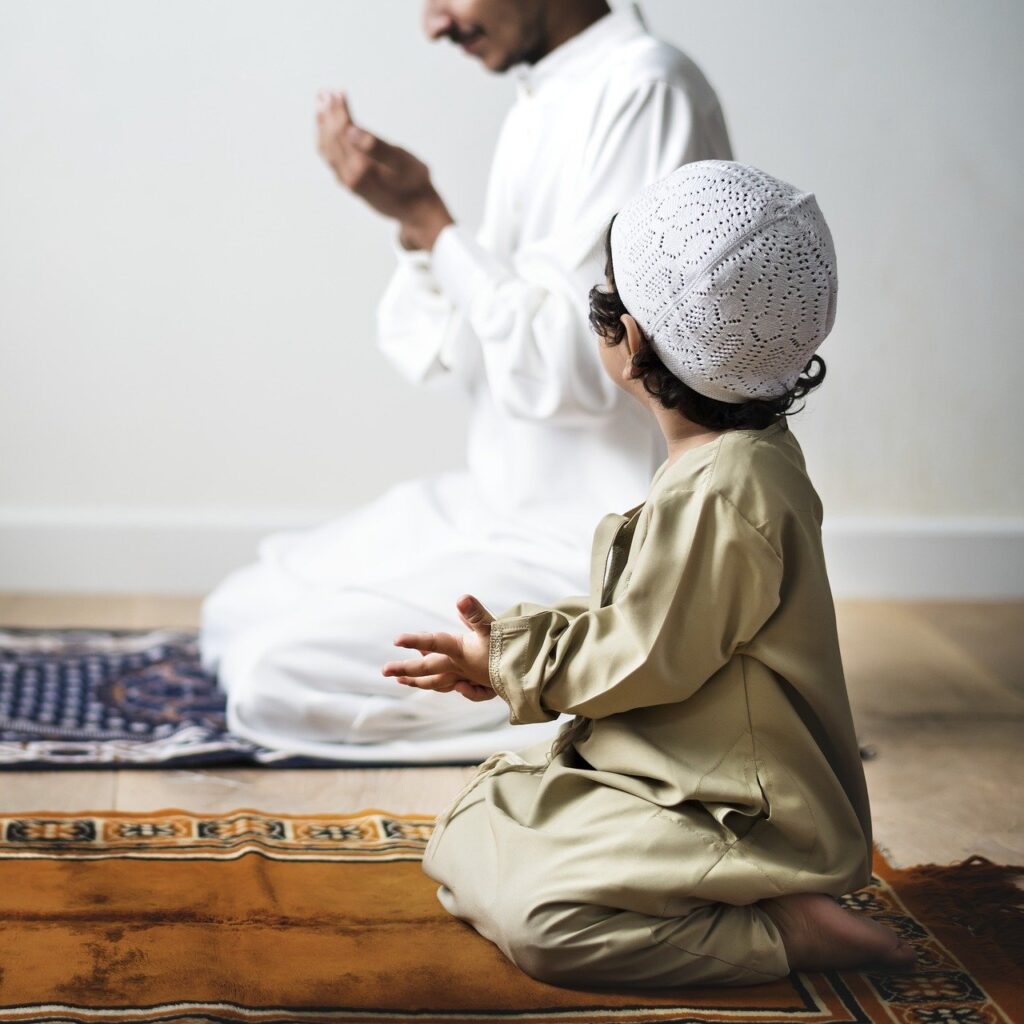
The ritualistic movements involved in Salah, such as standing, bowing, and prostrating, act as gentle yet effective exercises that engage multiple muscle groups, promoting physical health and vitality. These actions enhance bodily flexibility, assist in maintaining muscle tone, and can contribute to better posture over time.
The physical aspect of Salah offers a unique blend of spiritual practice and physical activity, making it a holistic approach to wellness. On the mental and emotional side, Salah provides a tranquil retreat from the fast-paced and often stressful nature of modern life. The focused and meditative state required during these prayers helps to clear the mind, reduce feelings of stress, and elevate one’s mood. This mental clarity and calmness can positively affect overall emotional well-being, making it easier to cope with daily challenges and uncertainties.
Engaging in the five daily prayers also encourages a mindful approach to life. The regular pauses for Salah create opportunities for self-reflection and mindfulness, promoting a state of mental awareness and presence that benefits all areas of life, and the hereafter. As Ibn Al-Qayyim Rahimullah narrates “The one who perfects their standings in this life will certainly perfect their standing in the next”.
By integrating Salah into their daily routine, individuals can harness these physical and mental health benefits, contributing to a balanced and fulfilling lifestyle. This practice not only nourishes the soul but also supports the body and mind, underscoring the comprehensive wellness that Salah brings to those who observe it diligently.
A Source of Strength and Guidance

Salah embodies a profound means of seeking divine guidance and strength, particularly during moments of uncertainty or difficulty. As believers align themselves with Allah’s will through the humble acts of bowing and prostrating, they find a unique solace and support that transcends worldly challenges. This act of submission is not merely physical but deeply spiritual, allowing individuals to lay down their burdens and find comfort in their faith.
The repeated recitations of the Quran and physical postures within Salah are a manifestation of trust and reliance on Allah, offering a pathway to inner resilience, as Allah states in the Quran [20:14] “establish the prayer for my remembrance” By engaging in this intimate form of worship, Muslims are reminded that they are not alone in their journey through life; they have a constant source of strength and guidance in Allah.
This spiritual anchor empowers them to face life’s adversities with courage and serenity, secure in the knowledge that they are guided by a higher wisdom. Through Salah, the heart is reassured, and the spirit is uplifted, ensuring that guidance and strength are always within reach.
Encouraging Moral and Ethical Conduct
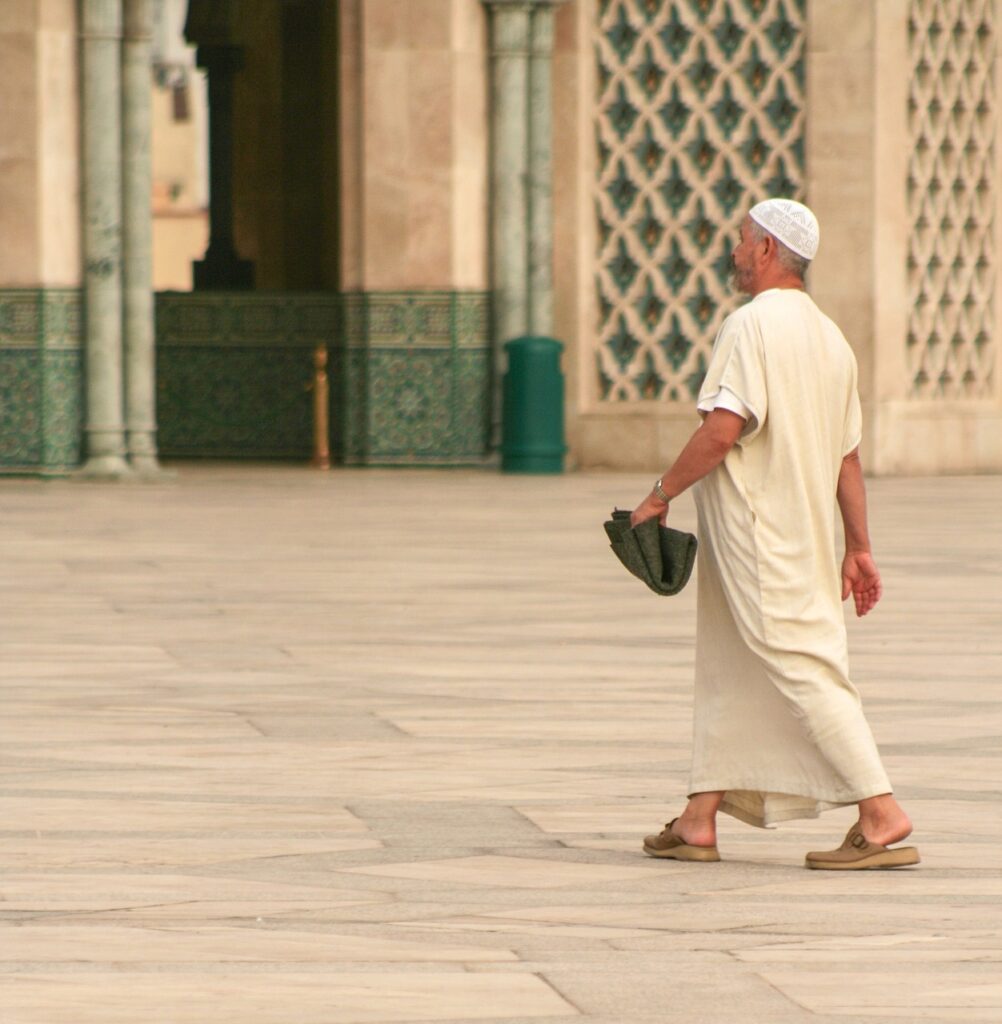
Salah not only serves as a spiritual practice but also plays a crucial role in promoting moral and ethical conduct among Muslims. By regularly engaging in prayer, individuals are constantly reminded of the core values and principles that Islam upholds.
This regular reflection encourages believers to live lives that are not only pleasing to Allah but also beneficial to the communities they live in. The discipline and commitment required to perform Salah five times a day foster a mindset that values persistence, honesty, and integrity. These prayers act as a moral compass, guiding Muslims toward actions that reflect kindness, justice, and compassion in their daily interactions.
Through this continuous connection with Allah, individuals are inspired to examine their behavior and strive for personal improvement, ensuring that their conduct aligns with the teachings of the Quran and the example set by Prophet Muhammad. Salah, therefore, is not just about fulfilling a religious duty; it is about cultivating a character that resonates with ethical virtue and moral integrity, shaping individuals who contribute positively to society.
Engaging in this act of worship strengthens a Muslim’s resolve to uphold ethical standards, reinforcing the importance of leading a life characterized by moral excellence.
Enhancing Gratitude and Humility
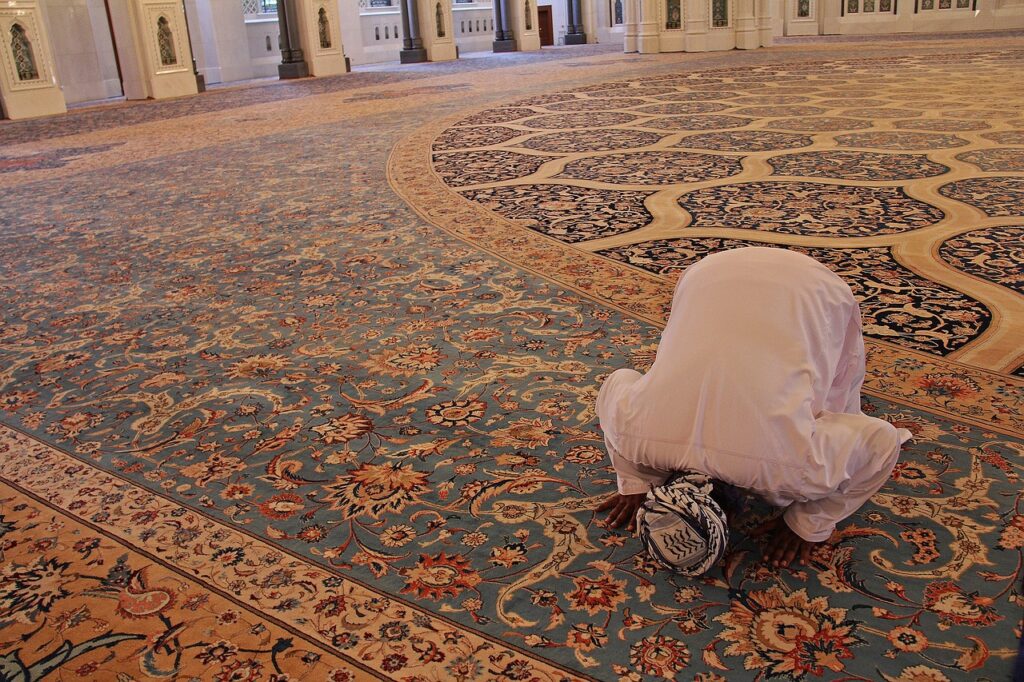
Salah nurtures a profound sense of both gratitude and humility, gently guiding Muslims towards recognizing the infinite blessings showered upon them by Allah. This daily communion with the divine encourages believers to approach life with open hearts, readily acknowledging the grace and mercy that permeate their existence.
Through the acts of bowing and prostrating, a physical manifestation of humility is expressed, symbolizing the surrender of one’s ego and the acknowledgment of one’s reliance on Allah’s wisdom and strength. This humble posture is not just a physical act but a reflection of the inner state of submission to the divine will, fostering a deeper emotional and spiritual connection. As Muslims engage in this reflective practice, they become more attuned to the nuances of their blessings, big and small, cultivating an enduring sense of thankfulness.
This gratitude is transformative, influencing how individuals perceive their lives and interact with the world around them. It encourages a positive mindset, where challenges are met with resilience and blessings are appreciated with a full heart. Furthermore, the practice of expressing gratitude during Salah enhances personal well-being, as it shifts focus from what is lacking to what is abundantly given, paving the way for a contented and fulfilled life. IN essence, Salah is a beautiful blend of acknowledging Allah’s greatness while recognizing our humble place in the universe. It is a practice that enriches the soul, encouraging Muslims to live with gratitude and humility each day.


